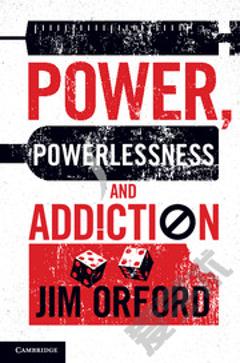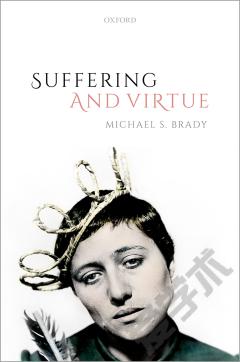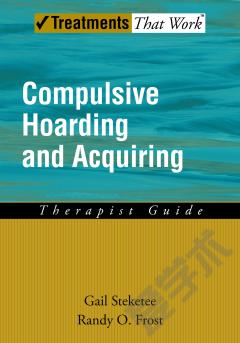Addiction and Weakness of Will
Introduction: The Moral Philosophy of Addiction and Weakness of Will 1. Addiction and Voluntary Control 1.1 Wallace on Responsibility and Control 1.2 The Disparity of Actions and Attitudes 1.3 Responsibility for Addiction: Excuses and Exemptions 1.4 Actions and Omissions Revisited 1.5 Positive Moral Appraisal 2. Addiction and Rational Judgement 2.1 Smith on Responsibility for Attitudes 2.2 Responsible Irrationality 2.2.1 Conflicting Attitudes 2.2.2 Implications for Paradigm Cases: Patterns of Awareness and Wholehearted Attitudes 2.3 Is Responsibility Best Understood as a Cluster Concept? 2.4 Addiction and Agential Evaluative Stance 2.4.1 De Quincey: Confessions of an English Opium Eater 2.4.2 Dostoevsky: The Gambler 3. Weakness of Will and Moral Appraisal 3.1 Arplay on Responsibility in the Absence of Control 3.2 Standard Akrasia 3.3 Inverse Akrasia 3.3.1 Inept Burglar 3.3.2 Neoptolemus 3.3.3 Huckleberry Finn 3.4 Strength Versus Goodness of Will 3.4.1 Mizogushi 4. Before Weakness of Will 4.1 Holton on Weakness of Will 4.2 Aristotle on Akrasia 4.2.1 The Logical Form of Akrasia 4.2.2 The Blameworthiness of Akrasia 4.2.3 The Pre-Intentionality of Akrasia 4.3 Revisting Weakness of Will 4.4 Weakness of Will as a Failure to Resist Akrasia 5. Addiction and Weakness of Will: An Integrated Account 5.1 Actions as Actualization 5.2 Success in Action and the Guise of the Good 5.3 Less than Successful Actions 5.4 Concluding Remarks:The Offspring of Akrasia
{{comment.content}}








 京公网安备 11010802027623号
京公网安备 11010802027623号